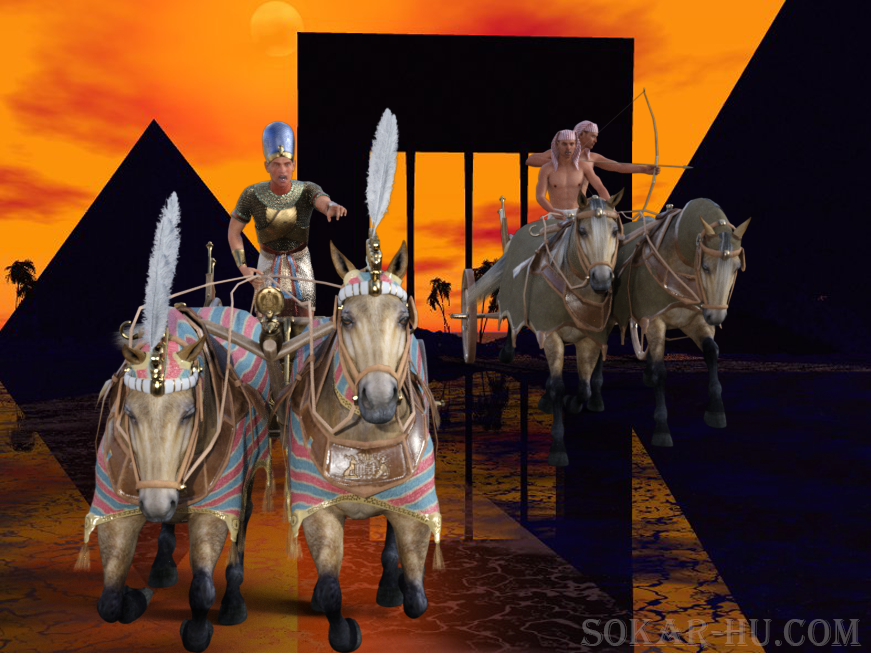Pharaoh Akhenaten became pharaoh at a young age and ruled from 1353 to 1336 BCE. He was the second son to the Pharaoh Amenhotep III. When his older brother died, Pharaoh Akhenaten became the crown prince of Egypt. He is remembered for changing the traditional religion of Egypt from the worship of many gods to the worship of a single god named Aten.
Pharaoh Akhenaten was a controversial ruler who changed the course of the country's religious and cultural practices during his reign. Akhenaten's reign was marked by his revolutionary approach to religion, which focused on the worship of a single deity, the Aten, or the sun disk. He believed that the Aten was the only true god and that all other gods and goddesses were false.
To promote his new religion, Akhenaten moved the capital of Egypt from Thebes to a new city he called Akhetaten, which was dedicated to the worship of the Aten. He also commissioned a series of monuments and buildings, including the great temple of the Aten, which was decorated with intricate reliefs and sculptures depicting the sun disk and its rays.
Akhenaten's religious reforms were met with resistance from the priesthood and the people of Egypt, who were accustomed to the traditional polytheistic religion. However, the pharaoh was determined to implement his vision and even went so far as to have the names of the old gods and goddesses erased from monuments and inscriptions throughout Egypt.
Despite his reforms, Akhenaten's reign was not without controversy and conflict. He faced opposition from foreign powers and was criticized for neglecting the military and leaving Egypt vulnerable to attack. He also faced personal tragedy, including the deaths of his wife Nefertiti and several of his children.
After Akhenaten's death, his son Tutankhaten (later known as Tutankhamun) became pharaoh and worked to undo his father's reforms and return Egypt to its traditional polytheistic religion. Akhenaten was largely forgotten in the years that followed, and his monuments and buildings fell into ruin.
However, in modern times, Akhenaten has become a fascinating figure for historians and archaeologists. His revolutionary religious ideas and the legacy of his reign continue to be studied and debated, shedding new light on the rich and complex culture of ancient Egypt.



